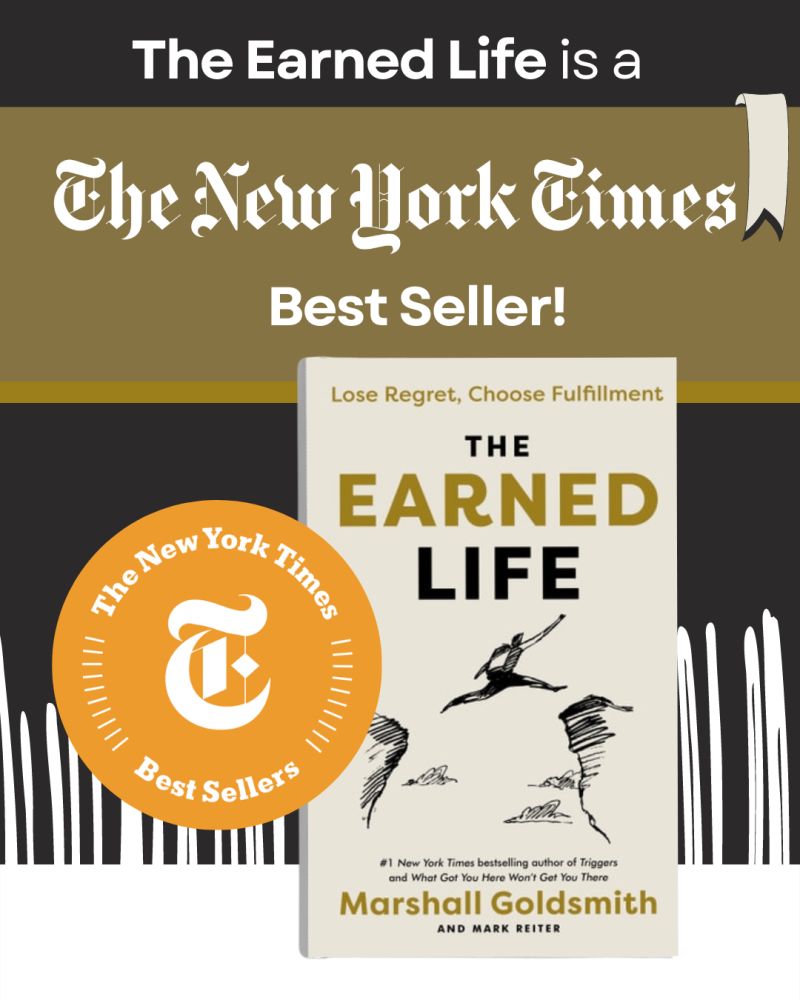Many People Regret Their 'Great Resignation'
People who resigned thought they might find greener pastures by leaving their jobs and finding employment elsewhere, but for a number of hopeful quitters, their new life hasn’t been much better than the old one. A recent Harris Poll survey for USA Today showed that one of five people who quit their jobs during the recent Great Resignation now says they regret it.
Nashville, TN (Newsworthy.ai) Monday Jun 6, 2022 @ 1:45 PM CDT
Regret has come to haunt some of the millions of Americans who were part of the Great Resignation, which occurred during the first months of the recent pandemic. People who resigned thought they might find greener pastures by leaving their jobs and finding employment elsewhere, but for a number of hopeful quitters, their new life hasn’t been much better than the old one.
You chose every single moment of every single day. You live, you have lived – you are what you do, even if you don’t think you’ve done enough

A recent Harris Poll survey for USA Today showed that one of five people who quit their jobs during the recent Great Resignation now says they regret it.
Many of these people left because they sought more pay and responsibility — but then they realized that their new gig wasn't the dream job they had expected it to be. Some people might have been attracted by jobs that had big salaries, but they didn’t take into account the work culture in the new environment, or the work conditions and job responsibilities of the new position, things that might have arisen during a less-hasty hiring or decision-making process.
But while regret is a byproduct of decision-making, it’s not always bad. You are the result of your choices, writes the renowned leadership expert Marshall Goldsmith in his new book The Earned Life: ”You chose every single moment of every single day. You live, you have lived – you are what you do, even if you don’t think you’ve done enough,” he writes.
In The Earned Life, Goldsmith uncovers the source of today’s existential crisis, including regrets that stem from choices that irrevocably alter our lives, reroute destinies, and haunt our memories. These are particularly timely themes as current events such as the pandemic and, yes, the Great Resignation, inspire people to seek meaning in their lives, get unstuck, and make changes.
With Goldsmith’s book as their guide, readers can close the gap between what they plan to achieve and what they actually get done—even in a world full of inescapable unfairness and curveballs—and live an earned life too fulfilling to dwell on “what ifs” and regrets.
You can read more about a particular case of regret in one of the blogs that Marshall Goldsmith has adapted from his book. It explores how to address head-on the causes of regrets.
You can find it here. https://marshallgoldsmith.com/articles/dont-choose-inertia-for-your-earned-life/
If you’d like more information on Marshall Goldsmith, The Earned Life, and his work, please get in touch with Lyda Goldsmith.
Other Recent News for Marshall Goldsmith
- Marshall Goldsmith Shows How to Deal with the Current World
- Marshall Goldsmith Shows How to Disengage from Your Past
- Marshall Goldsmith Shows How Good Habits Can Change Your Life
- Marshall Goldsmith Shows How to Plan to Create Goals
- Marshall Goldsmith Shows Why Support Is Essential for Growth
- Marshall Goldsmith Shows Why Empathy and Caring Are Necessary to a Full Life

